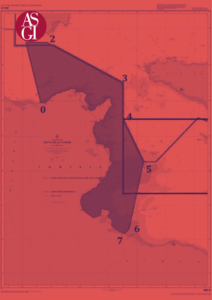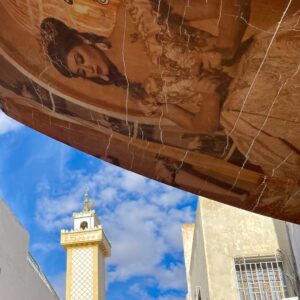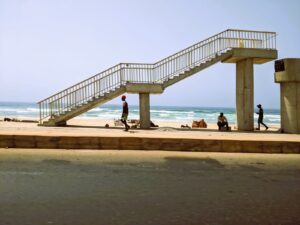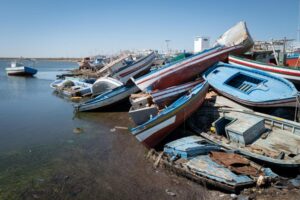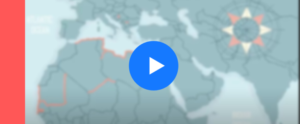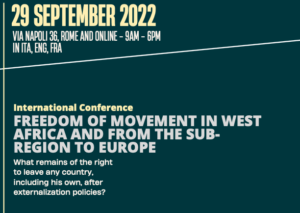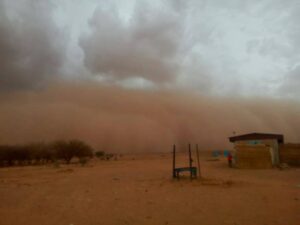In Tunisia, as well as in Libya, policies financed and endorsed by Italy and the European Union to control mobility lead to severe violations of migrant rights. During this training, we will explore legal strategies tested by civil society to challenge these policies and address resulting violations. We will discuss these issues with ASGI lawyers […]
ASGI’s report on Trafficking in women, from Côte d’Ivoire to Tunisia
ASGI’s report, authored by Giacomo Ciarniello under the supervision of the Sciabaca&Oruka Project, focuses on trafficking in women from Côte d’Ivoire to Tunisia and the impact of European externalization policies The influx of people, particularly women, migrating to Italy from Côte d’Ivoire via Tunisia has significantly increased in recent years. Since 2019, the International Organization […]
Report – Land and sea border externalization: a view from Senegal and Mauritania
Senegal and Mauritania are key countries along the route from West Africa to the Canary Islands. In 2020, after several years of decreased usage, there was a 900 percent increase in arrivals compared to the previous year. This figure prompted Spain and European institutions to refocus their attention on these two countries. The Atlantic Route, […]
Deadly policies in the Mediterranean: stop the shipwrecks caused off the coast of Tunisia
For two years now, the number of shipwrecks and disappearances of boats of people on the move trying to reach Italy happening close to the Tunisian coast has been increasing. According to figures from the FTDES (Tunisian Forum for Economic and Social Rights), between the beginning of the year and the end of November 2022, […]
A video to tell about our transnational strategies to counter EU externalization policies in Africa
Within the framework of the Sciabaca&Oruka project, ASGI has been working for several years in collaboration with Avocats Sans Frontières (ASF) Tunisia, the Cairo Institute for Human Rights Studies and the Network of University Legal Aid Institutions (NULAI-Nigeria) to defend the rights of people moving along migration routes from Africa to Europe. Here is the video […]
Press conference | Niger: Complaint lodged against the Law criminalising the transit of migrants
Ecowas Court of Justice called to judge the legality of Niger Law No. 36/2015 The press conference will be held online on 22 September 2022 at 11:00 a.m. CEST Niger is one of the main partners of the European Union, and in particular of Italy, in the implementation of border externalization policies. From 2016, thanks […]
International Conference: Freedom of movement in West Africa and from the sub-region to Europe
What remains of the right to leave any country including one’s own after externalization policies? ASGI, in the framework of the Oruka Project, is organising on 29 September 2022 an international conference entitled “Freedom of Movement in West Africa and from the Subregion to Europe: What remains of the right to leave any country, including […]
STALLED MIGRANT MOVEMENT: ASGI MISSION IN NIGER PROVIDES FOOD FOR THOUGHT AND NEW INSIGHTS
FROM 3RD TO 10TH DECEMBER 2021 ASGI CARRIED OUT ITS THIRD MISSION IN NIGER TO ANALYSE THE DEVELOPMENT OF THE COUNTRY’S MIGRATION POLICIES[1].HERE ARE THE RESULTS OF THIS INVESTIGATION. The bottleneck of Agadez Since 2016, Niger has turned from the main hub for migrants moving between West and North Africa into a mobility bottleneck where […]
